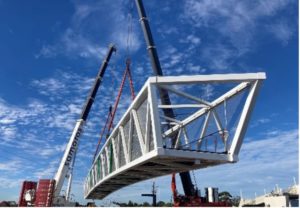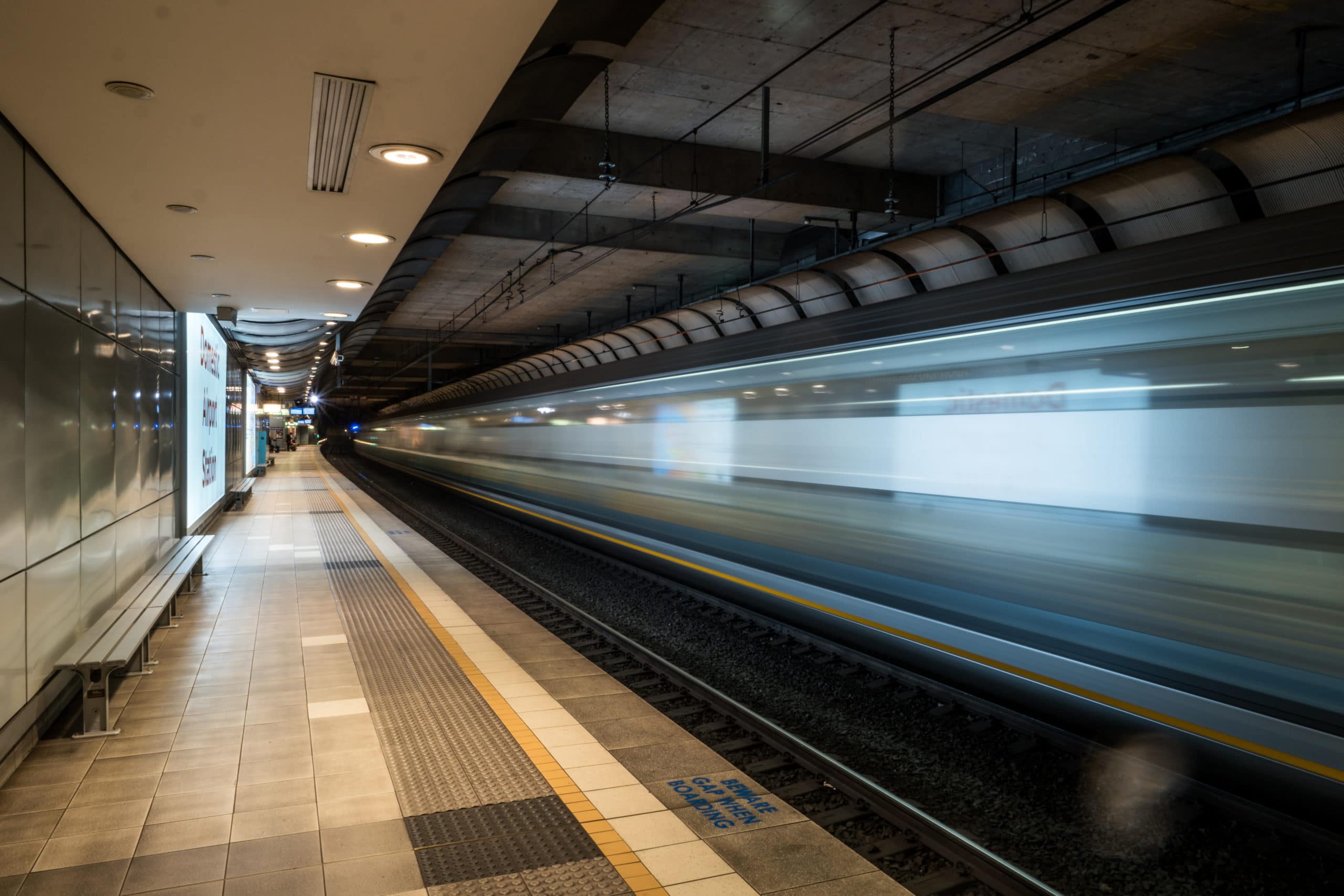The IS rating scheme (IS v 2.0 Design & As-Built) has inspired the R2P Alliance to move beyond ‘business as usual’ and include sustainability criteria in all significant decisions. The result has been new ways of working that are bringing strong economic, environmental and social outcomes.
The Project:
At-grade multi-lane motorway, motorway overpass, transition to lowered motorway, pedestrian and cycle overpass
Alliance: Department for Infrastructure and Transport, McConnell Dowell, Mott MacDonald, Arup
Alliance contract signed: July 2019 | Practical completion: August 2021
IS rating: IS v2.0 (Design and As-Built) | Design rating: Gold | As-Built rating: pending
Desired Sustainability Objectives:
- Governance
- Economic
- Environmental
- Social
Overview:
“Pursuing an IS rating puts the focus on sustainability, particularly with management teams,” says Cathy Chesson, Technical Director, Mott MacDonald. “On the R2P Project, it pushed us to examine each part of the project for sustainability outcomes we might not traditionally have thought of.”
Some outcomes were the result of smart procurement. For example, when the Alliance chose construction materials, they opted for Downer’s Reconophalt, a ‘circular economy’ asphalt product which incorporates soft plastics, printer cartridges and recycled asphalt.
Then, encouraged by the IS rating scheme, the team sought an Environmental Product Declaration (EPD) to better understand the greenhouse gas emissions involved in using Reconophalt. This information is now available to the wider industry through ISCA’s materials calculator.
The R2P Alliance set targets for social outcomes too – and bettered them. Women fill more than 25% of the project’s management positions across 14 professional and technical roles; workforce targets for Aboriginal people have been exceeded; the project proudly employs South Australia’s first civil construction apprentices.
“If you don’t have something to aim for, how are you going to achieve these social sustainability outcomes?” asks Anna Kordahi, McConnell Dowell’s Environment and Sustainability Manager.
Anna believes the project benefitted from IS performance standards which required the R2P Alliance to collaborate across many disciplines, and with community stakeholders too. “That drove us to make sure we included everyone who needed to be involved.”
Cathy and Anna stress that it is important to get things right ‘from the start’. Practitioners should seek early buy-in from leadership teams, involve design and construction sustainability teams, suppliers and contractors upfront, and set up sustainability systems and plans in the tender phase. They also recommend focusing on big-ticket items to make the greatest sustainability gains.
Cathy has a word for proponent clients too: “Contract requirements really do drive outcomes!”
The Infrastructure Sustainability Council congratulates the R2P Alliance on their IS v2.0 Gold IS rating and the major sustainability gains they have achieved.
More Information:
R2P Alliance • Regency Road to Pym Street Alliance

Credit: R2P Project
Caption: Installing the pedestrian and cycle overpass, near Pym Street




